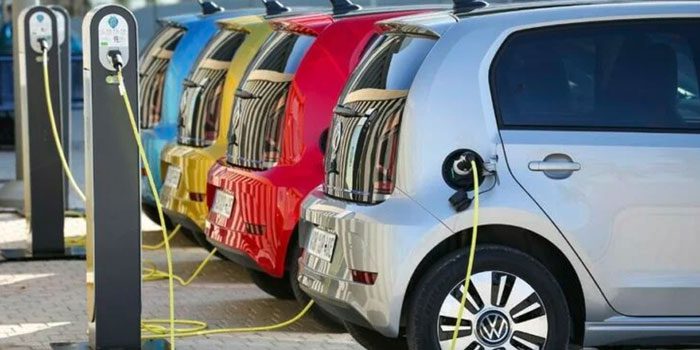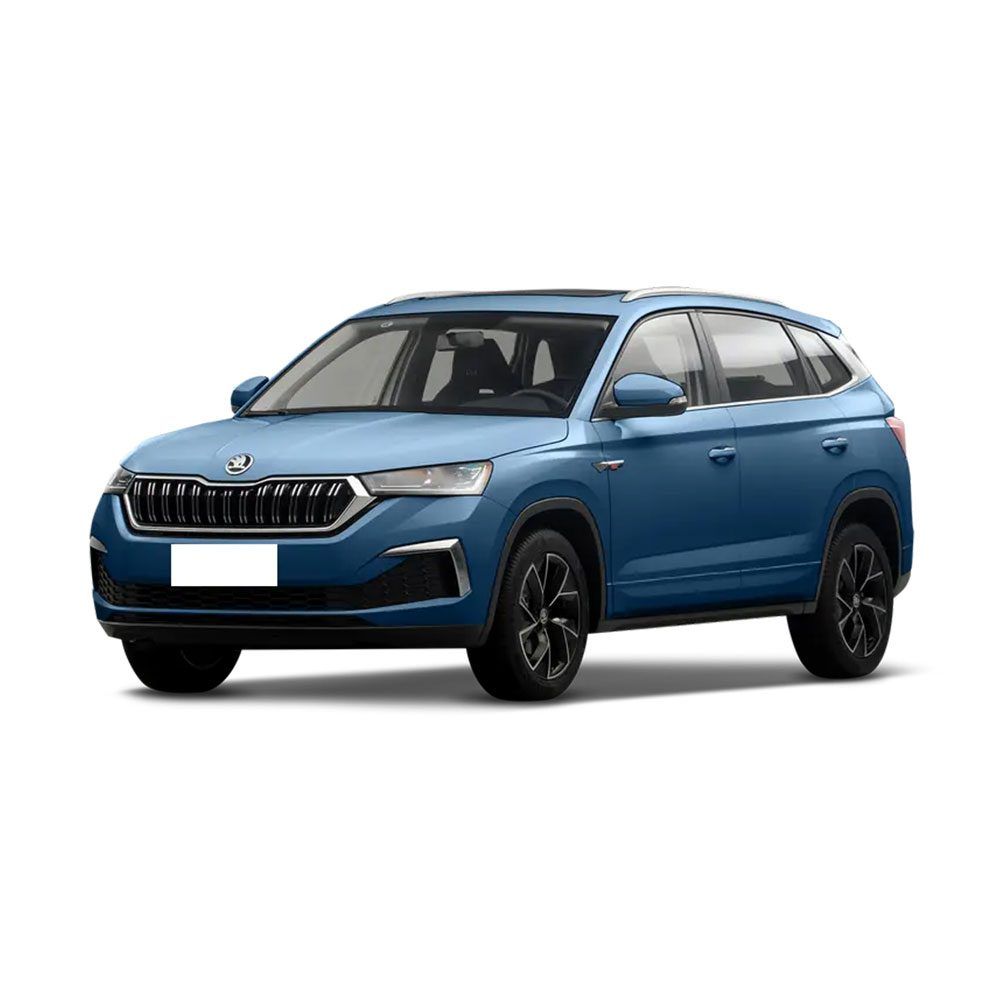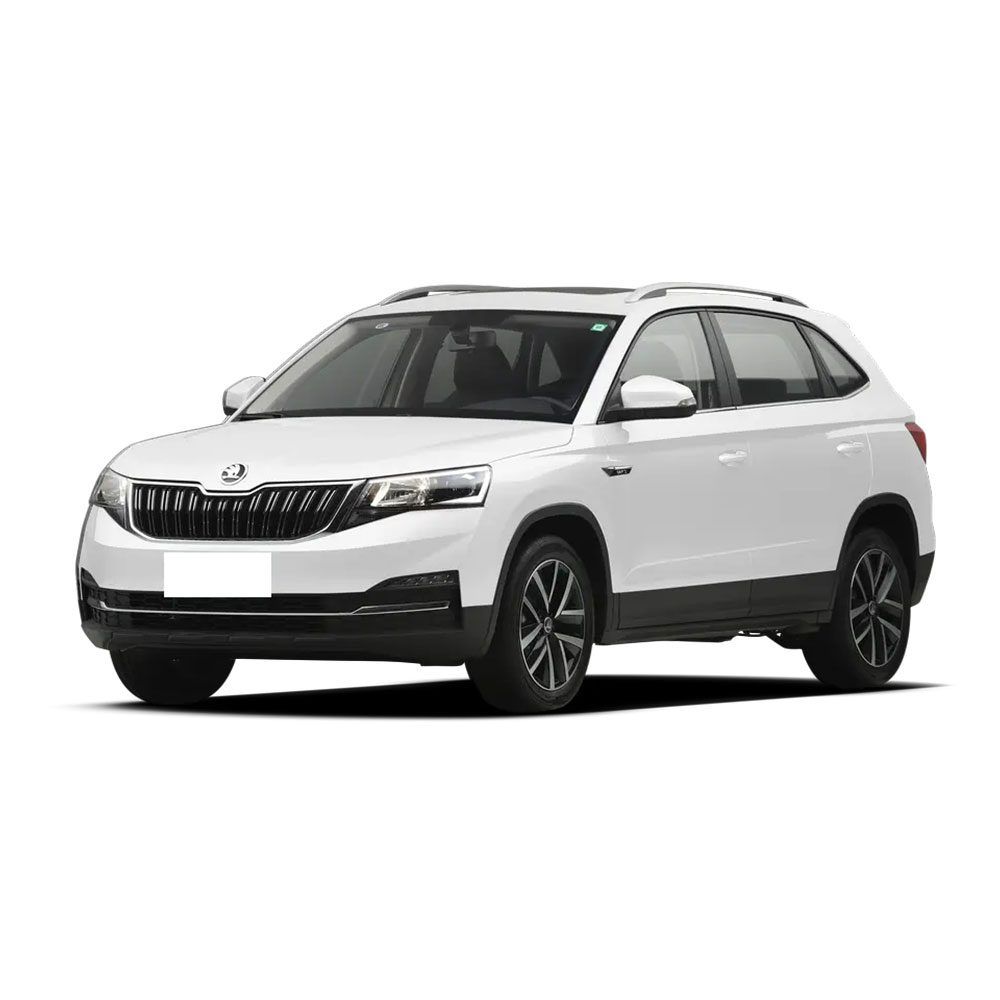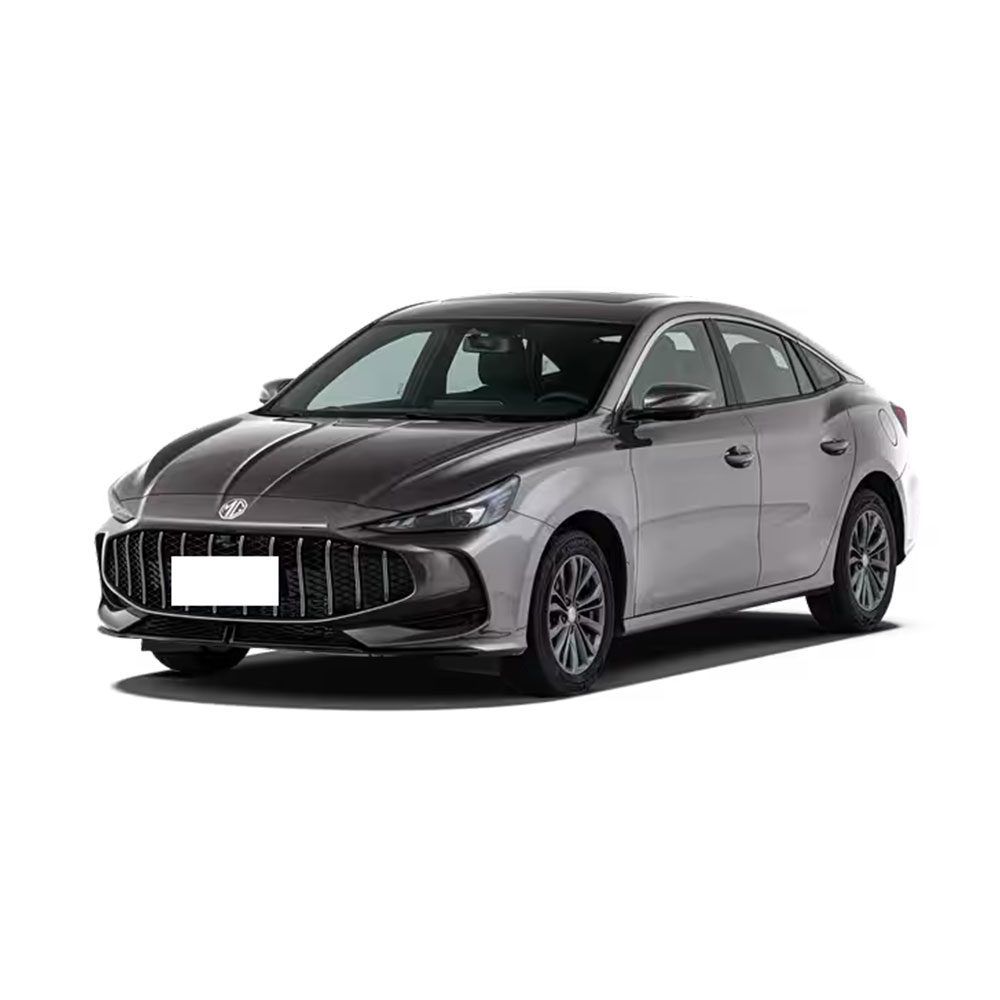
What Is the EV Policy in Algeria?
- 01 Strategic Positioning and Industrial Vision
- 02 Foreign Investment Incentive Policy System
- 03 Market Access and Localization Requirements
- 04 Charging Infrastructure Construction
- 05 Certification and Compliance Requirements
- 06 International Cooperation and the Role of Chinese Enterprises
- 07 Implementation Progress and Future Outlook
- Feel Free To Contact Ahcarsale Anytime
The Algerian government considers the electric vehicle industry a strategic priority. Consequently, it aims to boost national industrialization and economic diversification. It also seeks to enhance global competitiveness. Facing the global electrification trend, this North African country has created an ambitious plan. Specifically, it aims to gradually popularize electric vehicles by 2030.
Its policy system uses a unique model. This model combines market access binding, localization mandates, and a gradual transition. Therefore, it leverages a large market of over 45 million people. It also uses abundant natural resources and an open investment environment. Ultimately, the goal is to attract high-quality investment.

01 Strategic Positioning and Industrial Vision
Algeria has one of the largest economies in North Africa. Furthermore, it boasts a consumer market of over 45 million people. The country is actively promoting economic diversification. As a key part of this, it is focusing on the automotive industry, especially new energy vehicles.
Algeria’s vision extends beyond meeting domestic demand. With foreign capital and technology, it also plans to become a automotive hub. The goal is to serve North Africa and the entire continent.
Particularly for new energy vehicles, Algeria plans a 60% localization rate by 2030. Accordingly, the government formulated a development plan in 2021. This plan strives to popularize electric vehicles by 2030. To achieve this, the government is procuring 5,000 electric vehicles for the market. This initiative has already started.
02 Foreign Investment Incentive Policy System
Algeria has introduced incentives to attract electric vehicle investment. These policies focus on tax benefits, subsidies, and easier market access.
In financial terms, the government prioritizes electric vehicle manufacturing. Therefore, qualified foreign firms get a 5-year corporate tax exemption. They also receive exemptions on equipment import duties.
For the vehicles themselves, the government offers major tariff cuts. For example, imported electric cars can get up to 80% off tariffs. Additionally, the standard VAT rate is 19%. However, the government provides reductions for EVs and key components.
Regarding market access, Algeria is open to foreign investment. Specifically, it allows 100% foreign ownership in manufacturing. There are no mandatory joint venture rules, except in some strategic areas. Moreover, companies in special economic zones get benefits like lower rent and simpler paperwork.
03 Market Access and Localization Requirements
Algeria uses a “market for industry” strategy. This means it links market access directly to investment through localization rules.
Policies require foreign automakers to partner with local assemblers. They must also build local assembly plants within three years. Simultaneously, the government sets a clear localization timeline. For instance, companies must achieve 10% localization after two years. This then rises to 30% after five years. Finally, by 2030, auto parts must have a 60% local content rate.
This strategy ensures foreign investment brings real production capacity. It also creates local jobs. Furthermore, Algeria uses tariffs to guide the industry. It imposes high tariffs on imported finished vehicles, especially fuel-powered ones. Conversely, it charges very low or zero tariffs on parts for local assembly (CKD/SKD).
04 Charging Infrastructure Construction
To support electric vehicle adoption, Algeria is speeding up charger construction. Currently, the national utility company has built 4 charging stations. These are located along the East-West Highway in 4 provinces. This highway is the country’s busiest transport route.
Meanwhile, a company spokesperson revealed plans for 200-300 more stations nationwide. Similarly, the Ministry of Energy and Mines announced a plan back in February 2022. This plan aims to build 1,000 charging stations across the country.
Additionally, the government supports companies like NEVElectric. The goal is to install 300 charging stations in Abuja and Lagos by August 2025.
05 Certification and Compliance Requirements
All electric vehicles and parts entering Algeria need a mandatory Certificate of Conformity (COC). This certification is regulated by the Algerian Institute for Standardization (IANOR). It is a mandatory pre-shipment check. Essentially, it ensures products meet national or international standards.
The COC is essential for customs clearance. Without a valid COC, products will be detained. As a result, companies may face fines up to 15% of the cargo’s value. The products could also be returned or destroyed.
The certification process involves several steps. These include document review, possible product testing, and a pre-shipment inspection. Importantly, all technical documents and labels must be in French or Arabic. Since the process takes several weeks, companies should apply before shipping.
06 International Cooperation and the Role of Chinese Enterprises
Algeria values cooperation with Chinese firms to grow its EV industry. Adel Sasi, President of the Algerian Mechanical Association, stated the market has great potential. He said cooperation with China will help Algeria become an African EV production center.
Chinese automakers are indeed very active in Algeria. For example, Chery’s brands Omoda and Jaecoo are working with local firm IRIS. Together, they are building a tourist vehicle factory in Algeria. This project aims to meet local demand. It also explores export opportunities to other African countries.
Similarly, Great Wall Motors plans a joint venture assembly plant. BYD is also cooperating with the Algerian Energy Ministry on an electric bus project. These partnerships mark important steps for Chinese automakers in Africa. They also add new highlights to Sino-Algerian economic ties.
07 Implementation Progress and Future Outlook
Algeria’s electric vehicle policies are already showing progress. The country has over 6.5 million vehicles on its roads. To cut pollution and speed up the energy transition, the government is strongly promoting EVs.
In market promotion, the government is increasing its efforts. Consequently, it is achieving some results. According to a recent survey by an Algerian oil company, about 45% of local drivers would buy an electric vehicle.
In local production, research institutions are advancing EV development. For instance, in April 2023, a research center displayed the first domestically made EV prototype.
Mohamed Djebli, a senior industry figure, said EVs are a global trend. He confirmed Algeria is following this trend. He expects significant progress in Algerian EV manufacturing within ten years.
Algeria’s EV journey is just starting. However, with better charging infrastructure and more local production, the country is moving steadily toward its 2030 green vision. As a result, the newspaper El Chourouk noted Chinese EVs are gaining market share in Africa. This growth provides vital technical and product support for the continent’s electrification.
In the next decade, Algeria is expected to make strong progress. Consequently, it has the potential to become a center for electric vehicle production in Africa.
Feel Free To Contact Ahcarsale Anytime
More Article
More Cars
Latest Articles





